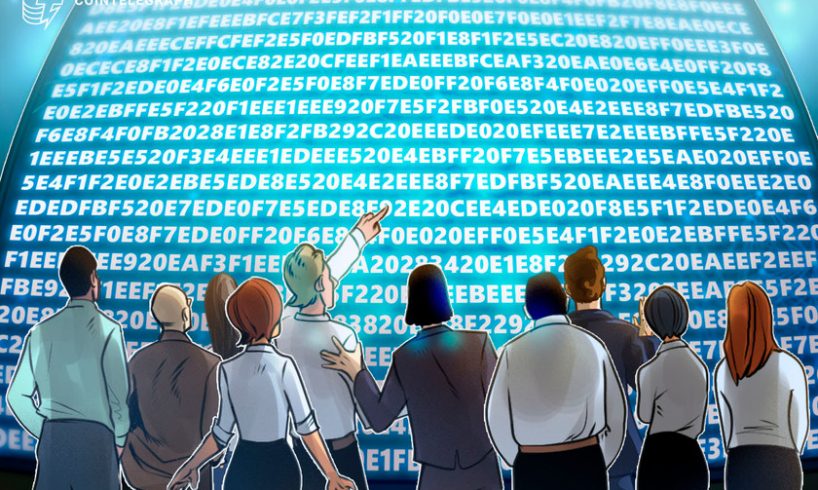
Unique addresses on the Build and Build (BNB) Chain have now surpassed Ethereum, according to a Dec. 22 statement from the developer.
BNB Chain has made significant strides in onboarding the next billion users into #Web3 in 2022.
We want to thank our incredible community for coming along for the ride as we lay the groundwork for an even bigger year to come.
Further details ⤵️https://t.co/9jNFdVeoZ3 pic.twitter.com/QjxL3ey759
— BNB Chain (@BNBCHAIN) December 22, 2022
The developer claims that this makes BNB Chain “the largest layer 1 blockchain in the world.” However, blockchain data shows that the Bitcoin network is still larger than both BNB Chain and Ethereum.
According to Etherscan, Ethereum currently has over 217 million unique addresses. By contrast, BNB Chain has over 233 million unique addresses, according to BscScan. This implies that BNB Chain is larger than Ethereum as judged by this metric.
On the other hand, the Bitcoin network has over 1 billion unique addresses, making it larger than both of these networks combined.
The statement was made as part of BNB Chain’s “Year in Review.” The post also highlighted other significant milestones that the BNB network has reached over the past year. The network capped out at 9.8 million transactions per day in May and reached 2.2 million daily active users (DAUs) in October, with DAUs being defined as the number of unique addresses per day that interact with a smart contract.
The developers credit the network’s success in 2022 to several initiatives implemented this year. The BNB Sidechain protocol allowed decentralized application (Dapp) developers to run their Dapps on separate shards of the network, reducing congestion and lowering transaction costs.
Secondly, the team funded a builder grant and $10 million incentive program for Dapp developers, which led to more Dapps being created for BNB Chain and this, in turn, attracted more users.
Additionally, “soulbound tokens” were introduced, which allowed users to register wallet addresses for Know Your Customer (KYC) purposes by holding non-transferrable tokens in their wallets. The developers…
..






